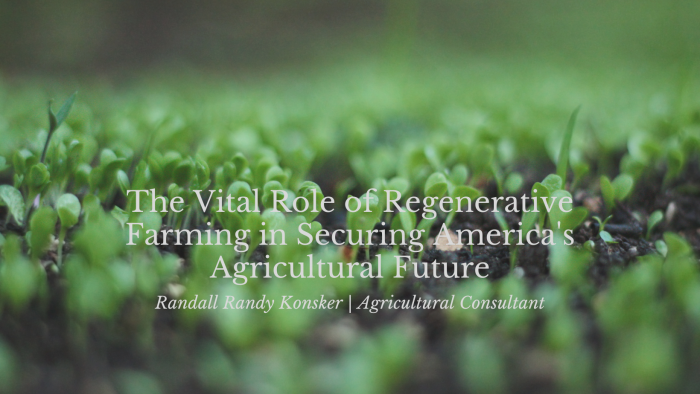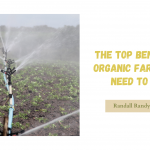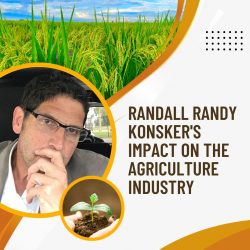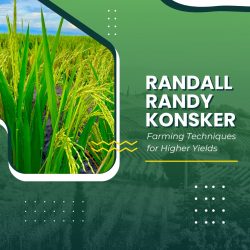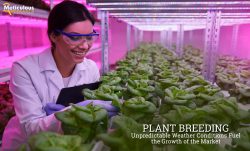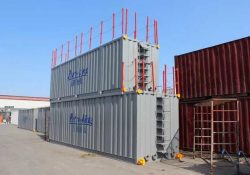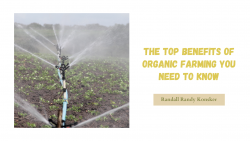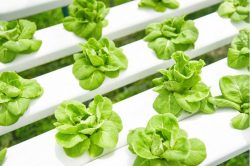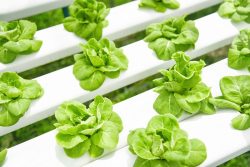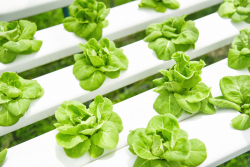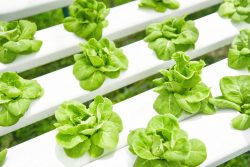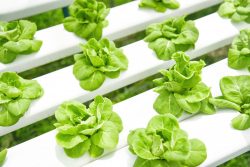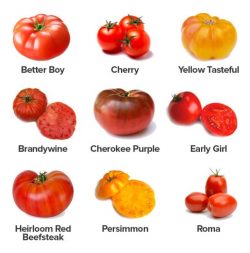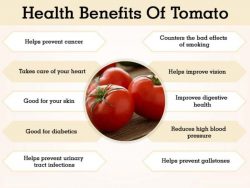The Vital Role of Regenerative Farming in Securing America’s Agricultural Future
In recent years, regenerative farming has emerged as a transformative force in the agricultural industry, challenging conventional practices and offering a sustainable solution to the pressing environmental and food security issues facing the United States. Far from being a passing fad, regenerative farming represents a fundamental shift towards holistic land management that is essential for the long-term health of our planet and the prosperity of future generations.
Regenerative farming stands as a beacon of hope in the face of climate change, soil degradation, and diminishing natural resources. By prioritizing soil health, biodiversity, and carbon sequestration, these methods not only mitigate the adverse effects of climate change but also enhance the resilience of our agricultural systems. In the United States, where agriculture plays a pivotal role in the economy and food production, embracing regenerative practices is not just an option – it is a necessity.
The importance of regenerative farming cannot be overstated. By restoring and preserving soil health through practices such as cover cropping, crop rotation, and reduced tillage, regenerative farmers are safeguarding the foundation of our food system. This approach not only increases the fertility and productivity of the land but also reduces the need for chemical inputs, thereby mitigating water pollution and protecting human health.
Furthermore, regenerative farming holds the key to reversing the alarming trend of carbon emissions from traditional agricultural practices. By sequestering carbon in the soil and promoting perennial vegetation, regenerative farmers are actively contributing to the fight against climate change. In a time when reducing greenhouse gas emissions is imperative, regenerative farming offers a tangible and scalable solution that can significantly impact the nation’s carbon footprint.
In addition to its environmental benefits, regenerative farming has the potential to revitalize rural communities and strengthen local economies. By fostering diverse agroecosystems and promoting on-farm biodiversity, these methods create opportunities for small and mid-sized farmers to thrive while providing high-quality, nutritious food for consumers. This not only enhances food security but also fosters a more resilient and decentralized food supply chain.
As we stand at a critical juncture in human history, the adoption of regenerative farming practices is not just a choice – it is a moral imperative. The United States has the opportunity to lead the global transition towards a more sustainable and regenerative agricultural model, setting an example for other nations to follow. By supporting and incentivizing regenerative farming, we can secure a brighter future for agriculture, the environment, and society.
Regenerative farming is not merely a trend or social media fad. It is a fundamental shift towards a more harmonious relationship with nature and a more secure future for all. The time to embrace regenerative farming is now, and together we can cultivate a thriving agricultural landscape that sustains both people and the planet.
For media inquiries, please contact:
Randall Konsker
President – Arkay24 Consulting
*Note: This news release is intended for informational purposes only and should not be considered as professional or legal advice.*
